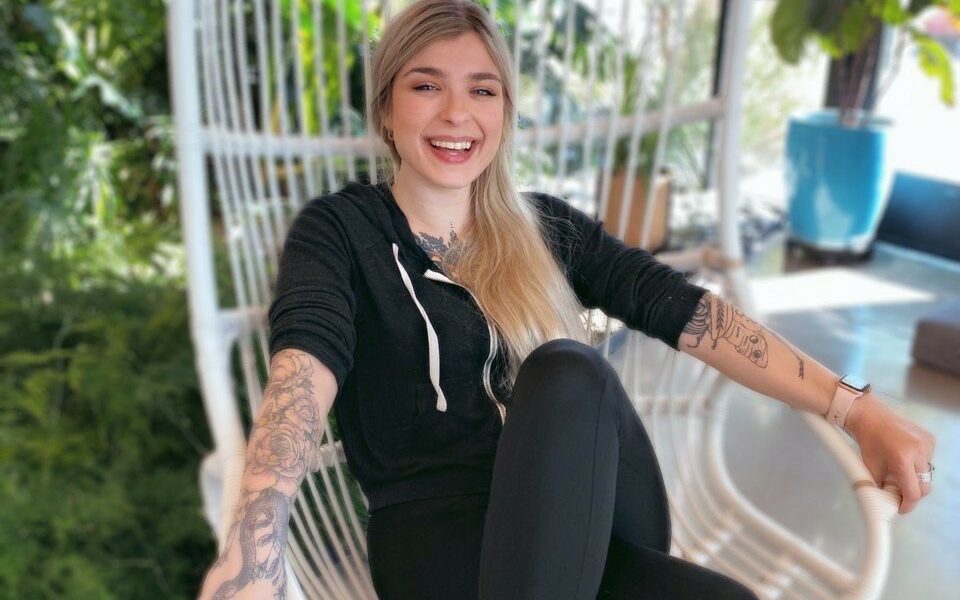

Today we’d like to introduce you to Isabella Almaleh.
Alright, so thank you so much for sharing your story and insight with our readers. To kick things off, can you tell us a bit about how you got started?
I grew up in a highly educated family and my father is a renowned cardiologist here in the community. I followed a pre-med path all the way through high school before attending Texas A&M for a year studying Marine Biology.
Though I was in the Honors Program and completed the year with a good GPA, I quickly realized that I was not interested in pursuing that degree further and returned home to spend some time figuring out my next steps. College is so expensive it made me nauseous to think about and I still didn’t know what I wanted to be when I grew up yet. Even in hindsight, it still seems insane to me that we ask such a big decision from an 18-year-old.
My mother is a talented multimedia artist and stay-home mom, who provided me and my brother with endless opportunities to explore our creativity growing up. Though I really enjoy the art of any form, and I deeply admire my father’s relentless medical altruism, neither seemed like a viable career for me. It takes a really special kind of person to be a doctor, and at the time I had never heard about anyone making a living off of art. (I did hear “starving artist” a lot, though.) The truth is that I never had a “dream job” nor a career path that really spoke to me.
A few years ago my grandmother and I came across a documentary about tattoo artists around the world who provide their services to mastectomy survivors pro bono. As a 3-time breast cancer survivor, she was really impressed with this idea. That was the first time I saw tattooing in the context of healing as well as creativity. This moment sparked an interest in tattooing as a craft as well as a potential avenue to help people while doing something I loved. I remember being excited to finally feel drawn towards an actual career.
A few years, several different jobs, an apprenticeship, and a lot of late nights drawing later, I opened HellaBella Tattoos in February 2020. My ultimate goal is to provide a space where anyone can feel safe and respected, as well as receive original artwork tailored to their body. I believe all bodies are good bodies for tattoos and work to create custom artwork specifically to make people feel more at home in their skin. I am also currently undergoing training so that I, too, can offer tattoos for mastectomy survivors, free of charge.
I hope to continue to learn and hone in on my craft as well as earn the trust of marginalized communities who have had poor tattoo experiences in the past. There is a lot of negative stigmas attributed to tattooing in general and I aim to contribute to changing that for the better while healing as many people as I can in the process.
Alright, so let’s dig a little deeper into the story – has it been an easy path overall, and if not, what were the challenges you’ve had to overcome?
Definitely not.
The tattoo industry as a whole is, like many things, a boys club. As a woman, I experienced a lot of men glossing over my portfolio and not taking my interest in the craft seriously. My mentor thankfully never treated me differently for being a girl, but I was still encountering artists and clients daily who dismissed my ability without even seeing it.
I have been called the “desk girl,” mistaken for “the piercing assistant” and questioned at every turn when tattooing men who have experience being tattooed by other men. A well-known artist here in town once told my mentor that “female apprentices aren’t even worth the hassle” right in front of me after we were introduced.
With that being said, I also have colleagues, friends, and clients that identify as men who have supported, respected, and encouraged my growth as an artist and to which I am endlessly grateful. This isn’t about hating men, but I feel it would be negligent not to acknowledge that this was and continues to be a significant hurdle in this career path.
And that was my experience as a thin white woman. There are a plethora of additional levels of discrimination for POC and queer folks looking to tattoo, despite the fact that the art of tattooing was certainly not invented by white people. This industry is notoriously difficult to break into and more often than not you have to know someone who knows someone to get into a reputable shop. Additionally, most apprenticeships aren’t free.
They often cost thousands of dollars upfront and then you can expect to make little to nothing while you learn. While artists deserve compensation for mentorship and giving out free tattoos while you learn is part of the gig, most people cannot afford a year’s worth of income when they have families to support.
This leads to a lot of “underground” (unlicensed) tattooers who have incredible talent and the drive for success, but end up buying tattoo kits off of Amazon and miss out on being trained on really important aspects like Blood Borne Pathogens safety, cross-contamination, and wound healing.
As you know, we’re big fans of you and your work. For our readers who might not be as familiar what can you tell them about what you do?
I am a licensed tattoo artist and I run a private, appointment-only studio here in town. I specialize in fine line tattooing and am known best for my works including flora and fauna. I have a soft spot for bees after a sweet childhood experience and have created a line of custom bee designs that now live in more than 10 states and 4 different countries. I exclusively use my own original artwork and prioritize the shape of my client’s body first when creating their design. I find so much beauty and inspiration in nature and love any chance I get to tattoo florals. I enjoy collaborating with clients to bring their ideas to life.
Between my friends, my clients, and my own personal encounters, I have heard so many horror stories about previous tattoo experiences and there are some unfortunate themes. Due to the intimate nature of tattoos, women and femmes are often sexually harassed by artists or other clients, particularly in an open shop environment. People who are nonbinary or otherwise queer are often refused, misgendered, and harassed when being tattooed.
People of color, especially darker-skinned Black folks, are often told that color tattoo ink “won’t work” or that their skin is flat out not worth tattooing at all. They are also more susceptible to scarring from uninformed tattooers. Plus-sized and fat clients are embarrassed when appropriate furniture is not provided or up-charged based on their size. It deeply disturbs me that people are treated this way for being who they are while seeking a service that is supposed to celebrate that.
Women and femmes deserve to feel like respected patrons and treated with dignity. Queer people deserve to have their pronouns/boundaries respected. Melanin shouldn’t exclude people from tattoos. A lot of really stunning colors are achievable when the artist takes undertones and color theory into consideration and it is the artist’s responsibility to invest in lighting that flatters clients of different skin tones to display their work. All tattooing furniture should be accessible to clients, no matter their size or shape.
Body hair, stretch marks, scars, folds, freckles, moles, birthmarks, vitiligo, and other skin conditions are natural aspects of most bodies and can be included in or worked around in tattooing. It is our jobs as artists to stay informed on what is safe and to keep you informed of what to expect. On top of all of this, the art of tattooing can be traced across every continent for thousands of years so I think it’s safe to say it wasn’t invented by white folks and I think it’s really important to keep that in mind, especially when talking about what is worth tattooing on who.
One thing that sets me apart is the effort I put in to make sure I stay informed on how to best serve each of my clients, and make accommodations wherever possible. I offer quiet sessions and modified lighting for those who request it and I provide free color test tattoos for people of color. My setup is almost completely biodegradable, and I use vegan materials including ink.
Clients are sent home with extensive aftercare, text support, and a free touchup guarantee. To be trusted with someone’s body is the ultimate honor and I aim to ensure a positive experience for all.
If you had to, what characteristic of yours would you give the most credit to?
I think people really enjoy having artwork that is created just for them, and tattoos that will not be repeated on anyone else.
Every client receives a personalized consultation and is guaranteed exclusivity on their design. I spend nearly all of my free time learning more about tattooing not just because I want to improve my craft, but also because I genuinely love it. Art is something that has always felt safe and brought me joy, and I believe that is reflected in my artwork.
In addition to this, my empathetic nature helps me provide a comfortable space both physically and mentally for people. Spending a little extra time learning about the needs of others and making tiny changes to my process as I go has gone a long way in making sure everyone has access to such an impactful art form and what I have to contribute to it.
Contact Info:
- Email: [email protected]
- Website: https://www.hellabellatattoos.com/
- Instagram: https://www.instagram.com/hellabellatattoos/
- Facebook: https://www.facebook.com/hellabellatattoos
- Other: https://vm.tiktok.com/TTPdk2qvYh/
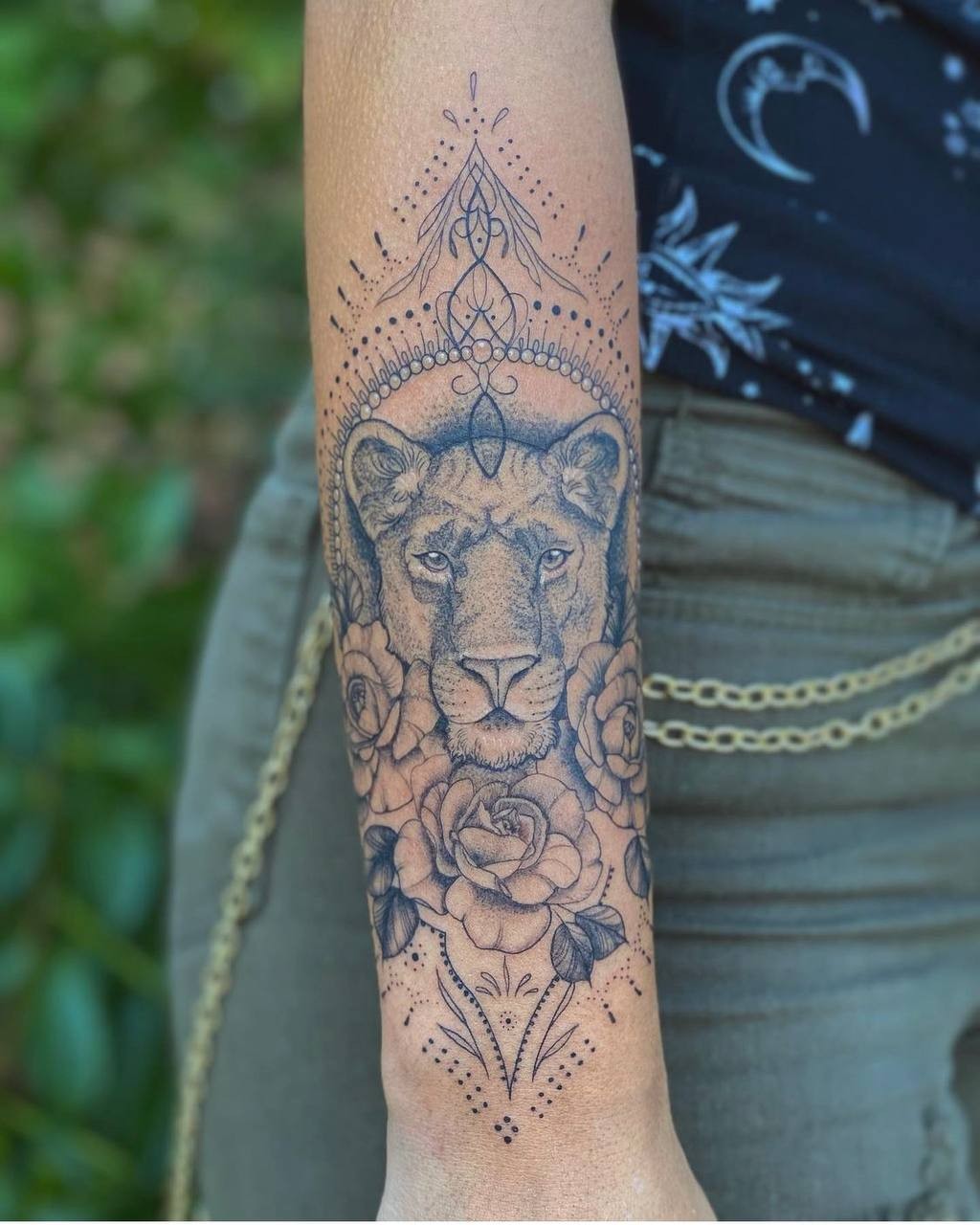
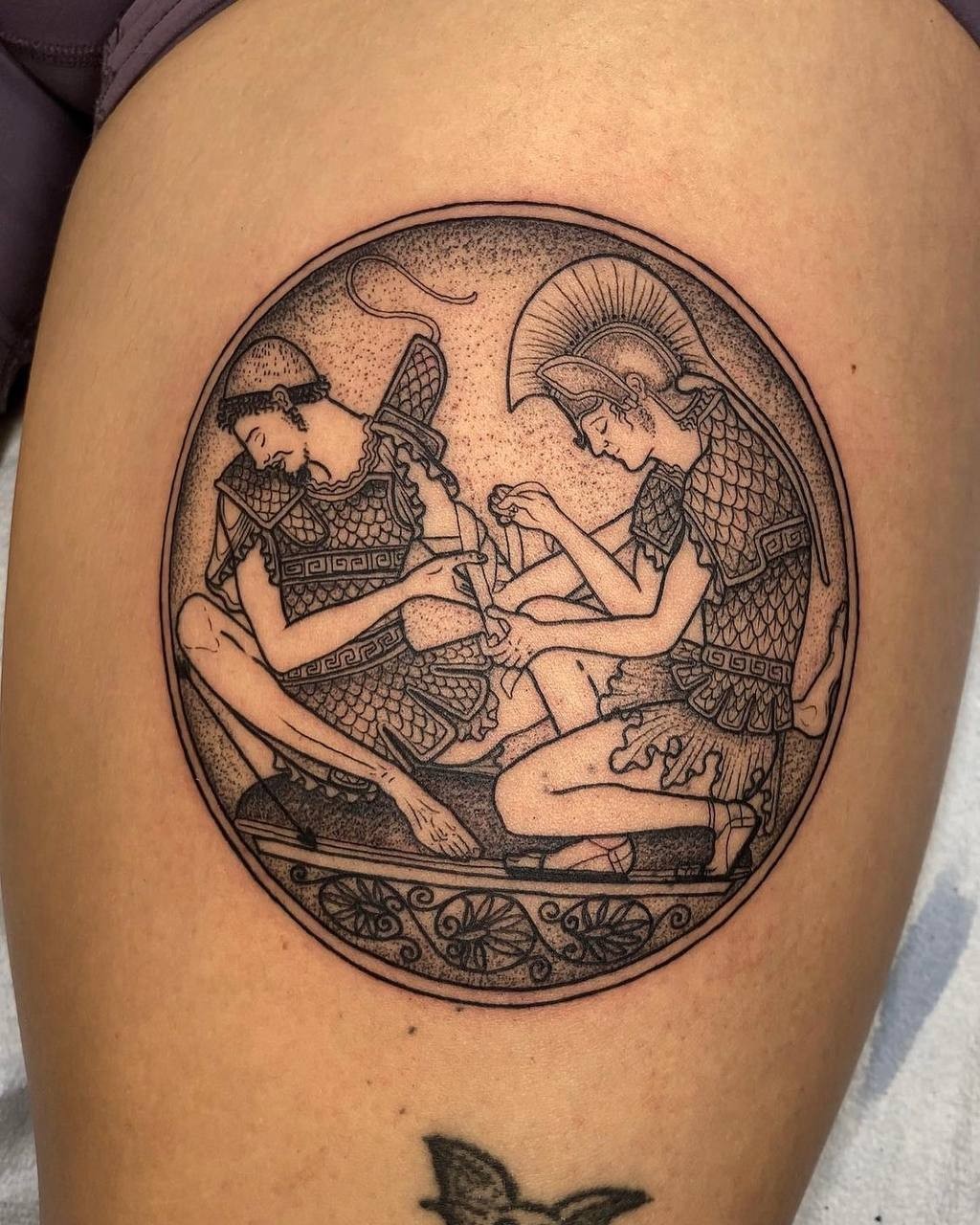
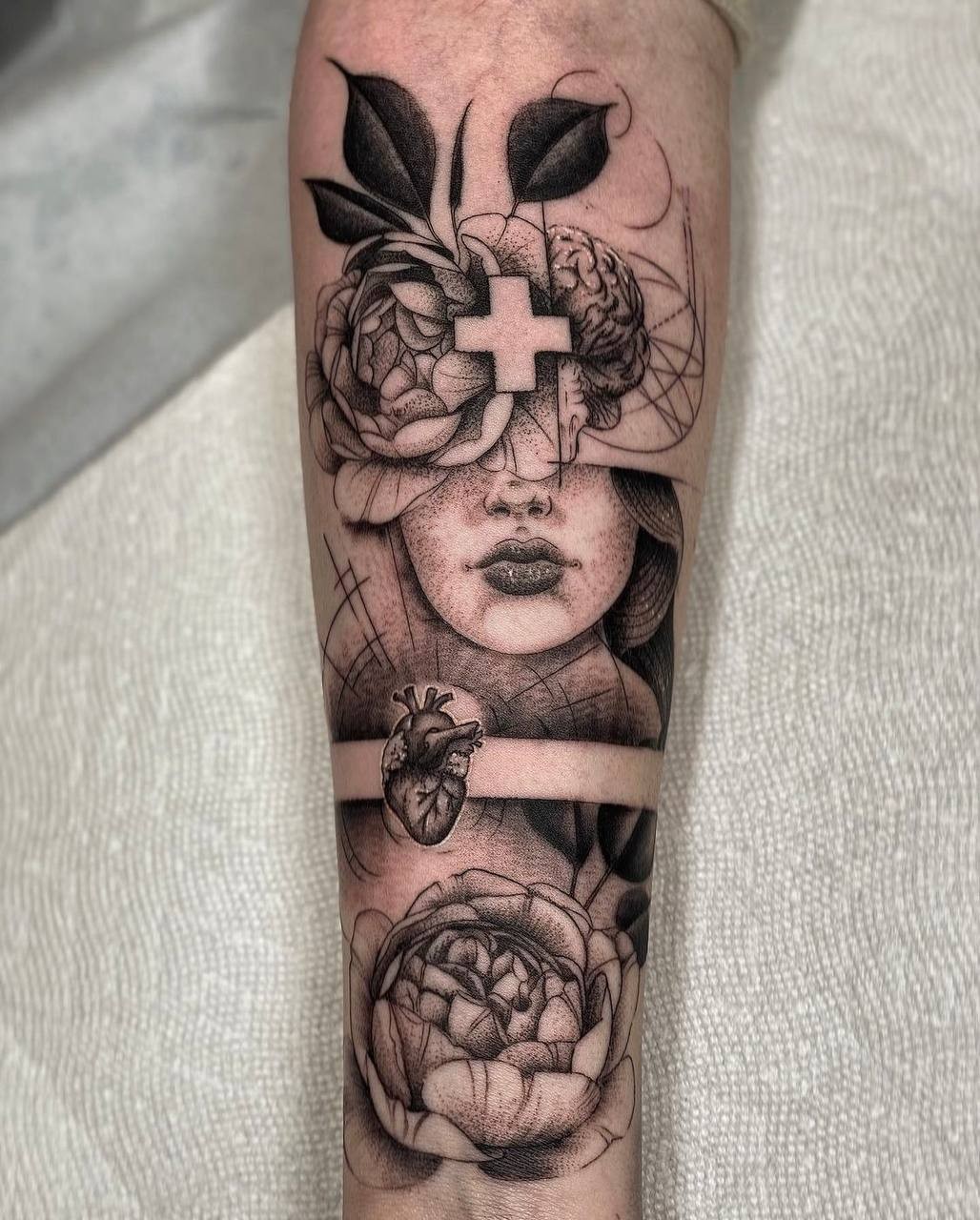
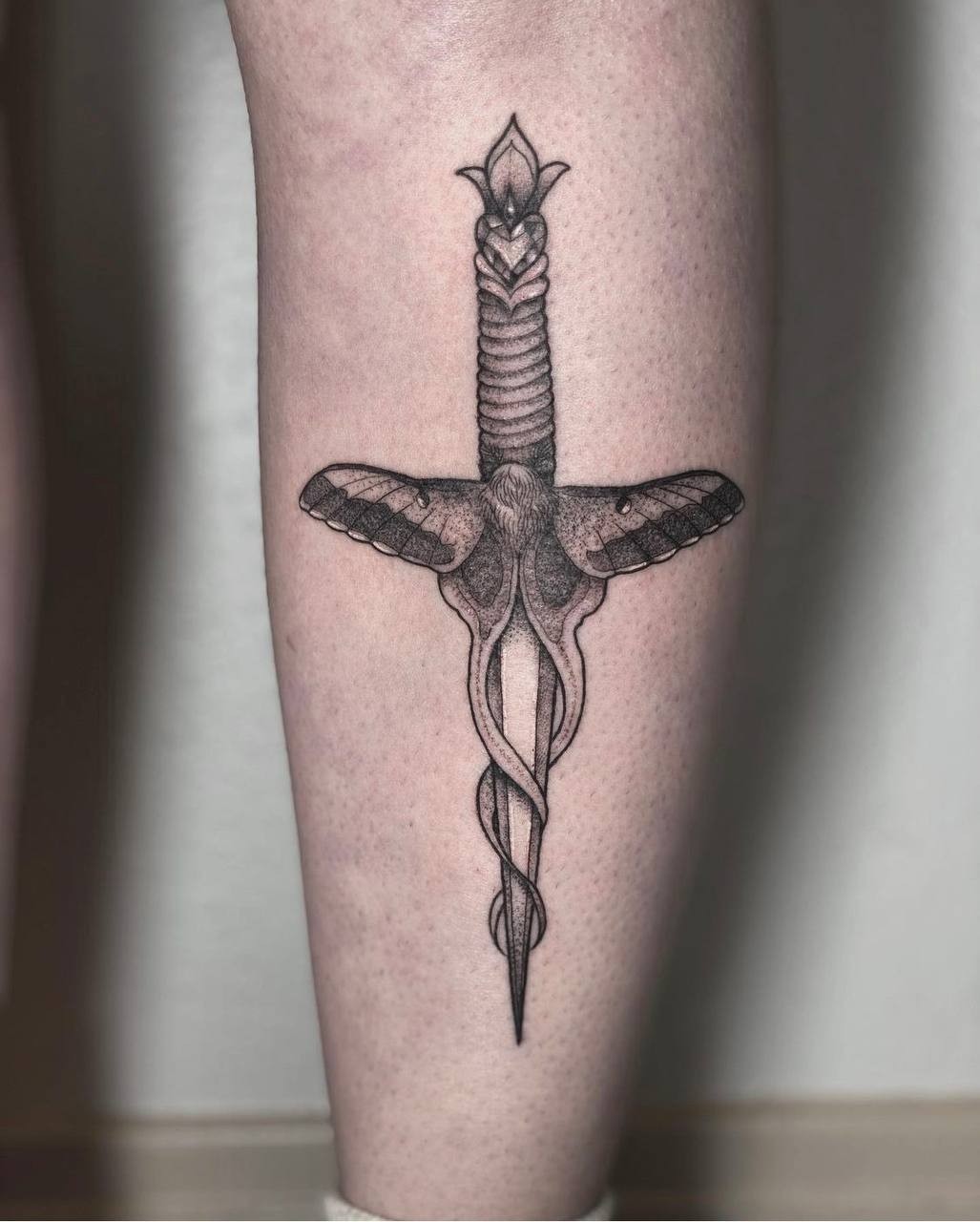
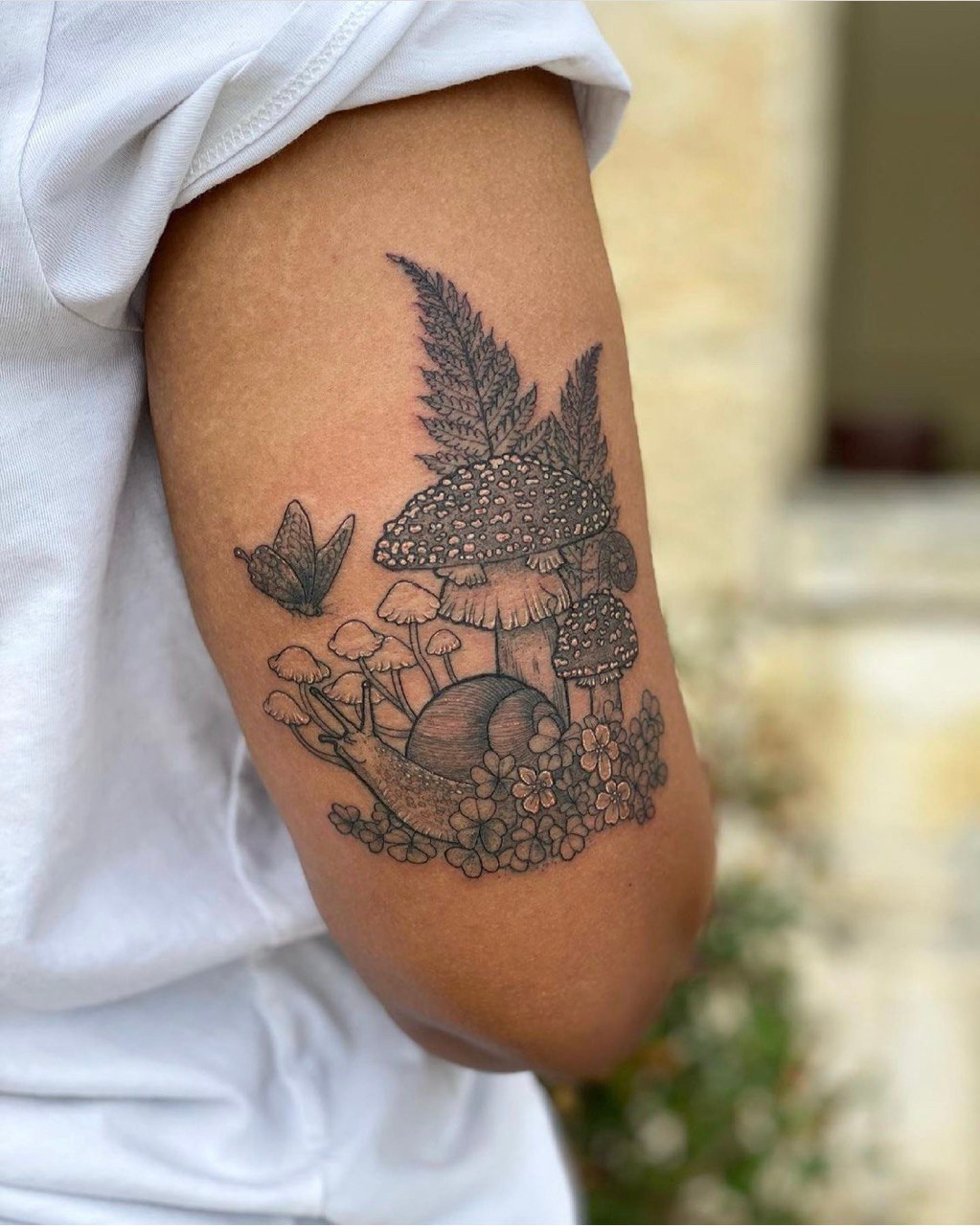
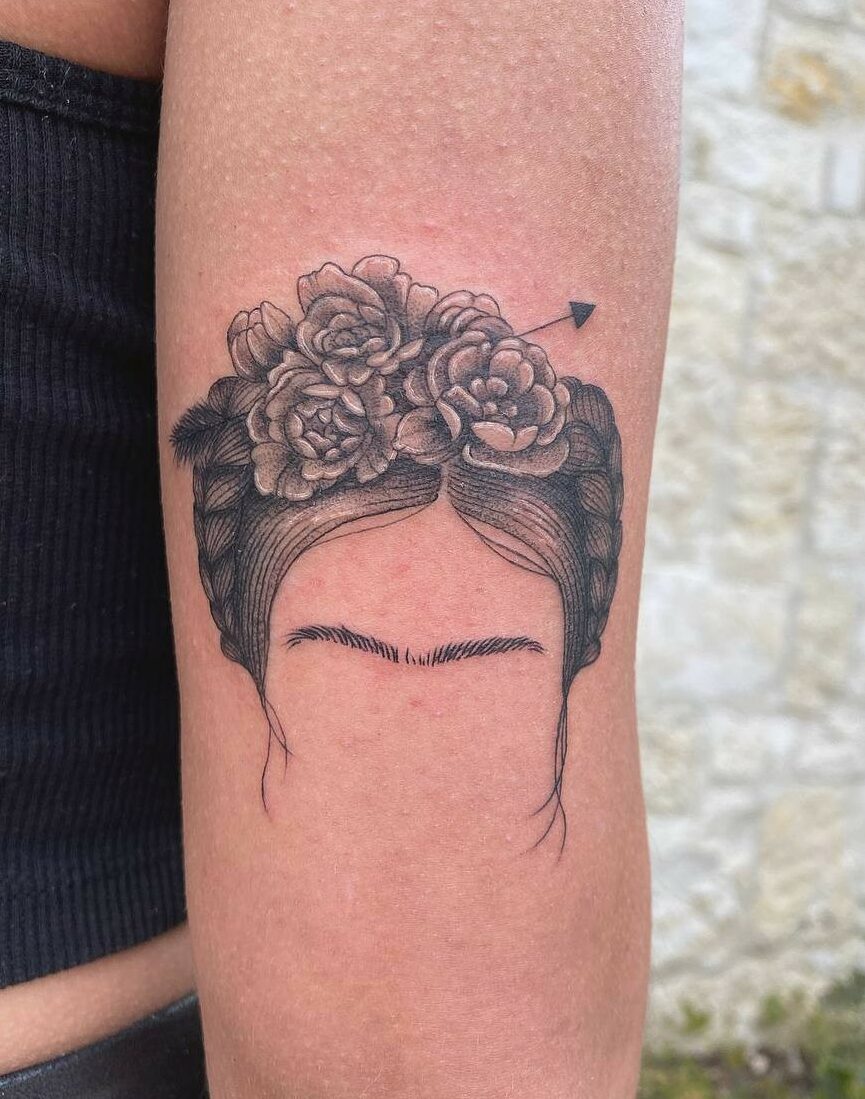
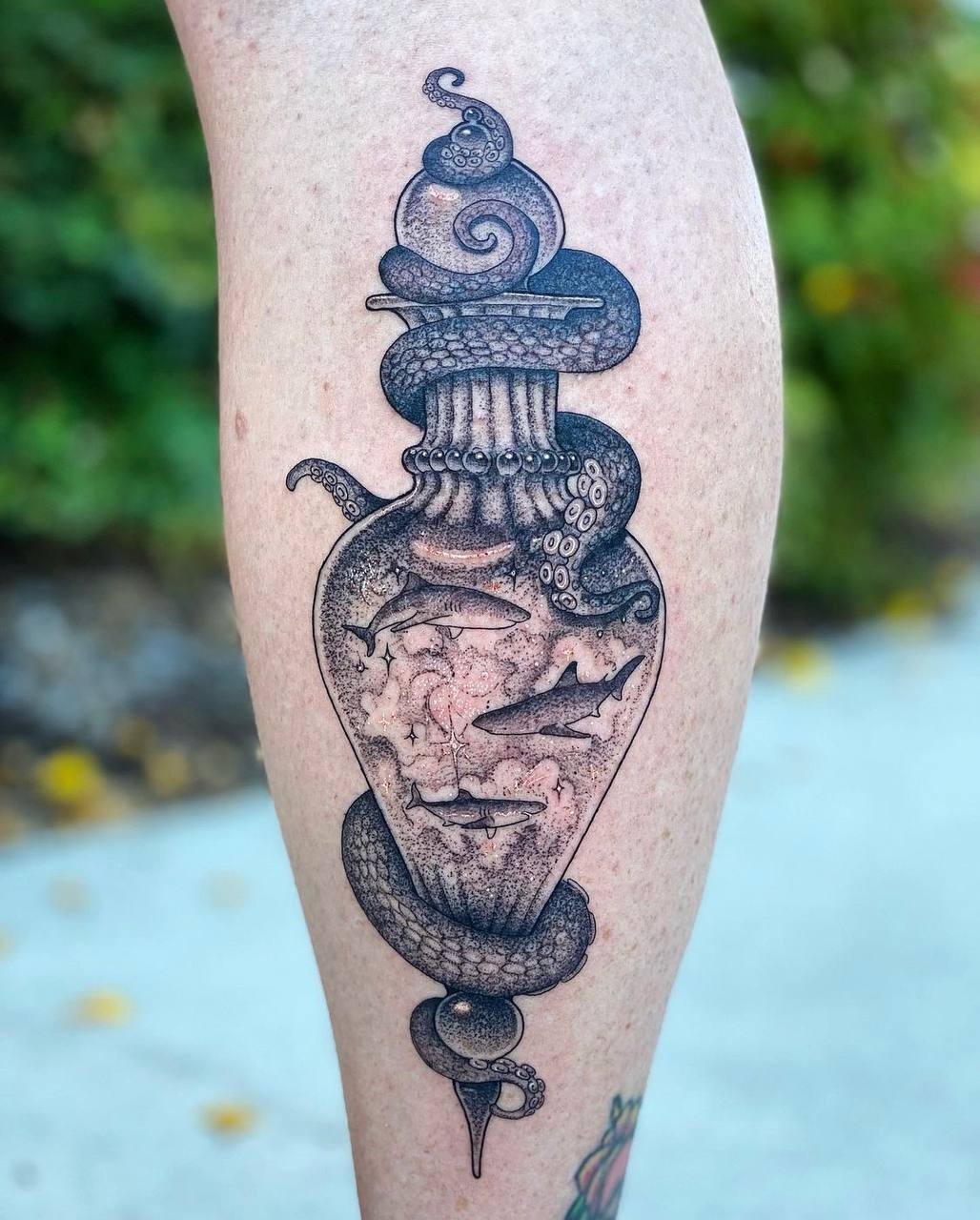
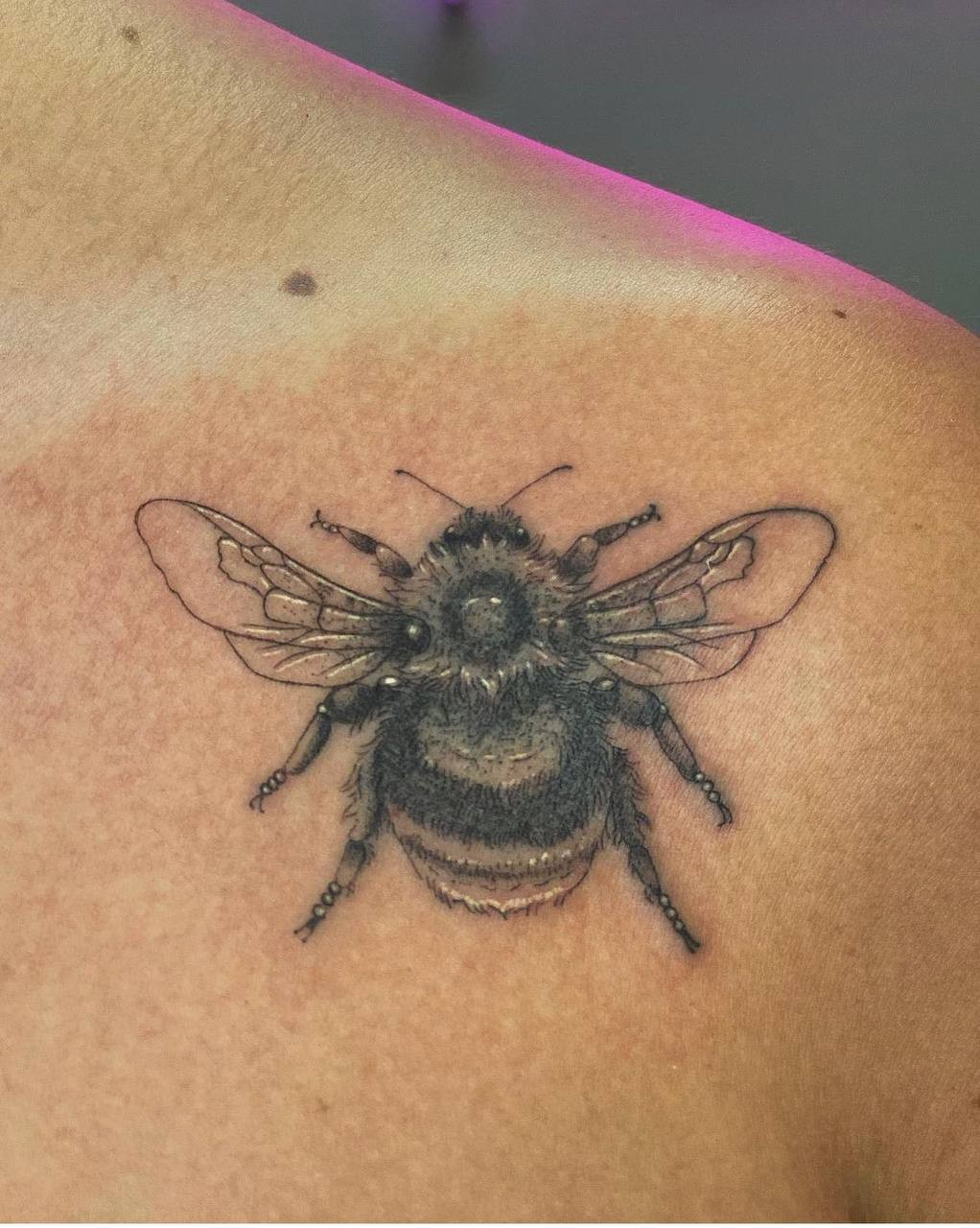
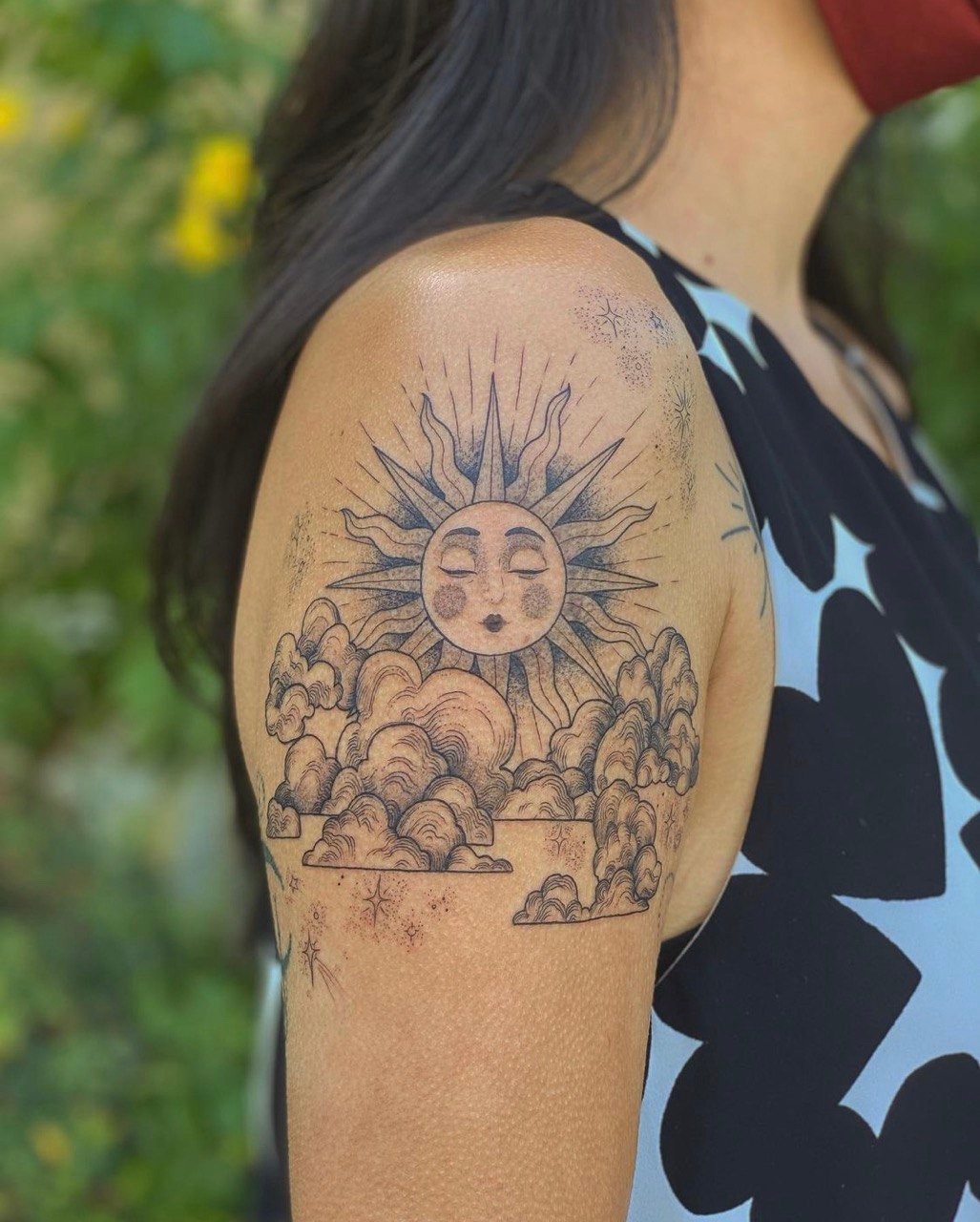
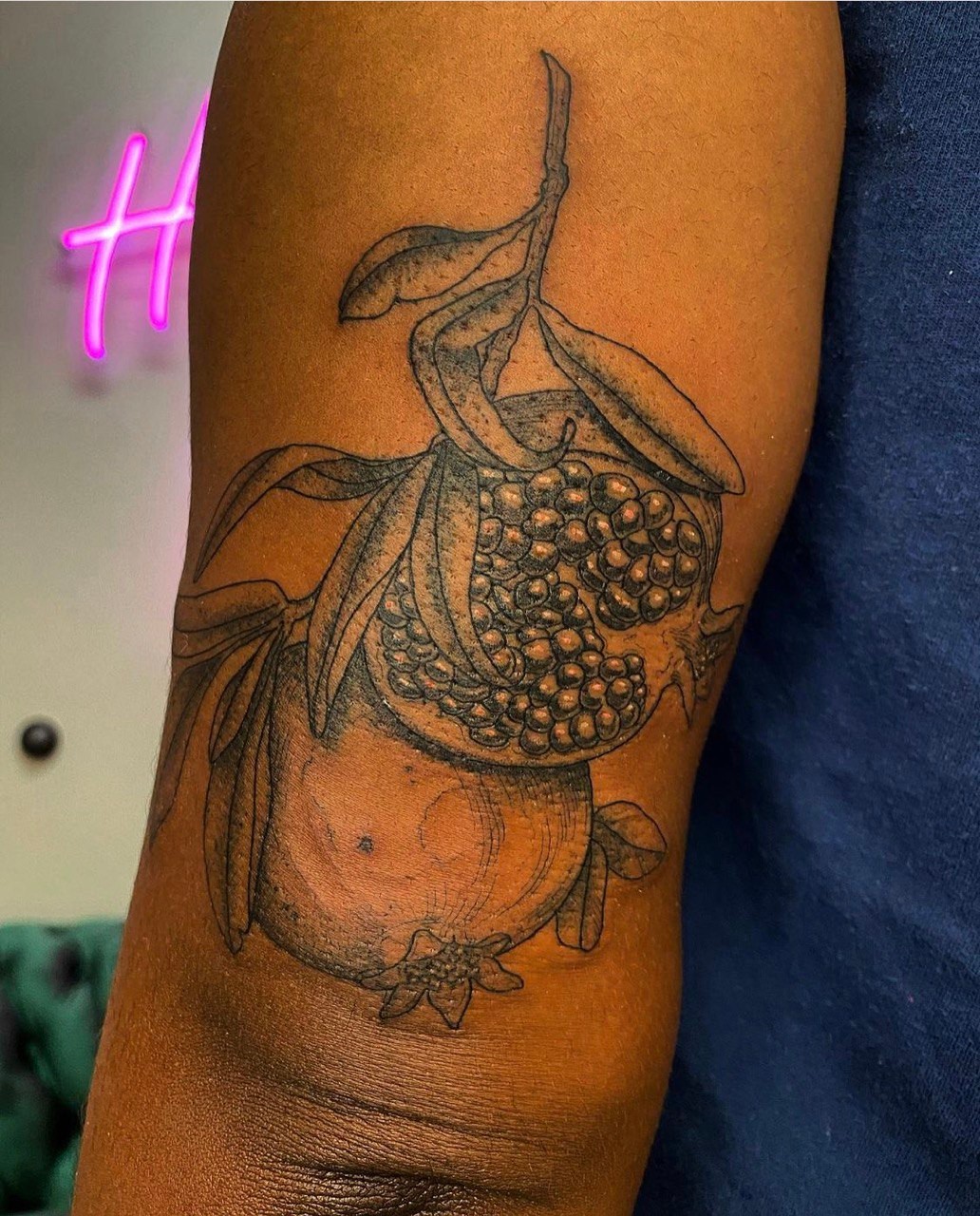

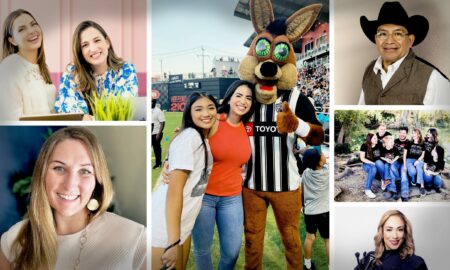










Sam
February 25, 2022 at 1:09 am
Yes! Getting the recognition you deserve! Love love love to see it.